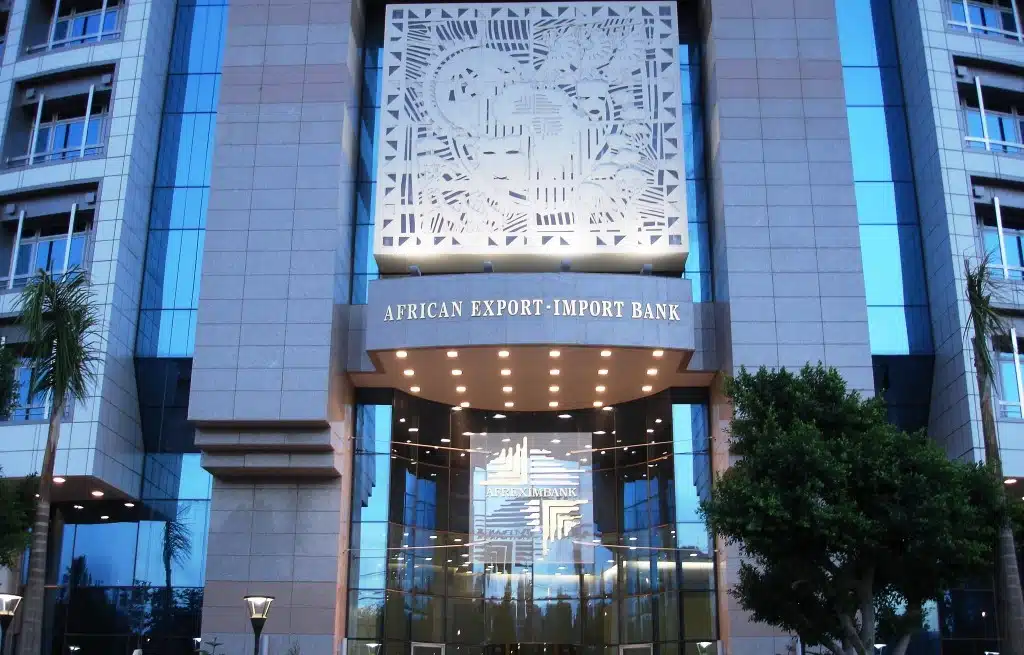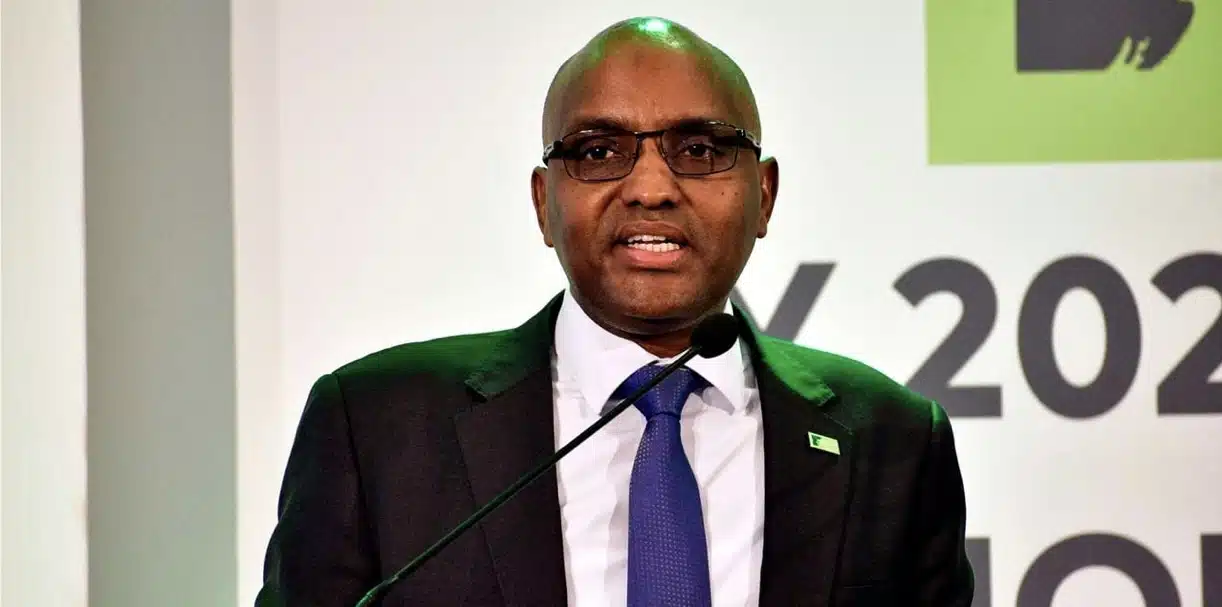Nigeria has settled a delayed coupon payment on its $4 billion Eurobond issued in March 2021, after investors flagged a missed deadline that raised fresh questions about the country’s debt management protocols.
The coupon, due on March 28, 2025, went unpaid as of April 1, prompting concern among bondholders. However, Finance Minister Wale Edun has since confirmed that a mandate for payment was issued on time, and Citibank—the paying agent—acknowledged receipt on March 29.
“The payment was effected on September 28, and Citibank confirmed they got it on the 29th, but there were delays most likely because of the long holidays and then there were transition issues,” Edun revealed in a statement to The Africa Report. “But all is well now.”
A brief scare
Though the payment was ultimately processed within days, the delay sent a ripple through investor circles. In the high-stakes world of sovereign debt, even small administrative lags can carry reputational cost—especially for a country with Nigeria’s history of FX bottlenecks and fiscal pressure.
The payment was for a bond issued on 28 March 2021, structured in three tranches:
- $1.25 billion (7-year tenor) at 6.125%
- $1.5 billion (12-year tenor, due 28 Sept 2033) at 7.375%
- $1.25 billion (30-year tenor) at 8.25%
What caused the delay?
Minister Edun attributed the lapse to the long Sallah holiday and unspecified “transition issues.” The nature of those transitions—whether bureaucratic, staffing, or otherwise—was not clarified.
Although Nigeria ultimately avoided default status, the episode reinforces the precarious nature of its external obligations, especially at a time when the country faces scrutiny over debt servicing, rising domestic yields, and currency pressures.
It’s important to note that while such delays have occurred, they have been relatively infrequent. The Nigerian government has generally maintained a consistent record of meeting its debt obligations.
In September 2024, Nigeria’s Debt Management Office (DMO) failed to make the first coupon payments on two- and three-year savings bonds issued in June 2024, attributing the delay to “system and processing issues.”
This marked the second consecutive month of such delays, as investors had reported a week-long delay in coupon payments due in August 2024—the first since the instruments were introduced seven years prior.
The bigger picture
While the payment may have been delayed, Nigeria now faces a more complex challenge: maintaining creditor confidence while managing rising debt costs, both locally and internationally.
For investors, the scare may be over. But the questions remain.











